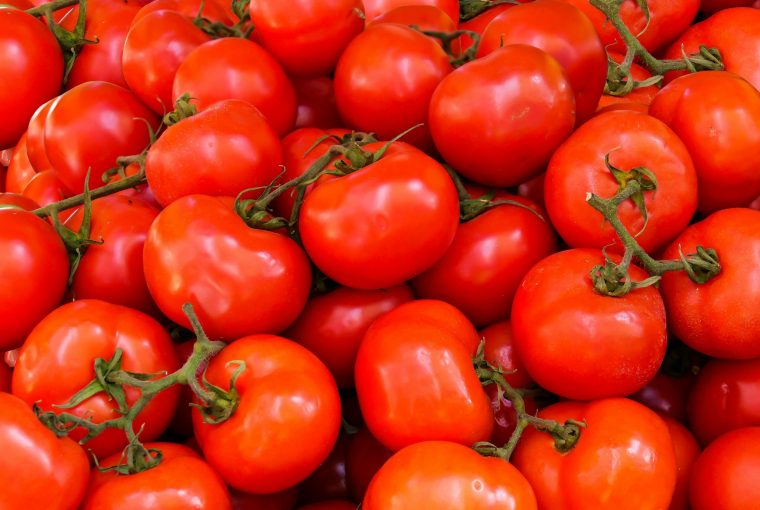Bee Tomatoes: A Natural Approach to Enhanced Agriculture

In the world of agriculture, finding methods that enhance productivity while maintaining environmental health is crucial. “Bee tomatoes” exemplify how integrating natural processes can lead to significant benefits in farming. This approach focuses on the role of bees in “pollination,” improving “yield,” supporting “sustainable agriculture,” contributing to the “ecosystem,” and promoting “natural fertilization.” By exploring these aspects, we can better understand how bee tomatoes offer a holistic solution for modern agriculture.
Pollination: The Bee Advantage
“Pollination” is essential for the successful reproduction of flowering plants, including tomatoes. Bees play a pivotal role in this process. As bees move from flower to flower collecting nectar, they inadvertently transfer pollen, facilitating the fertilization process needed for fruit development. For bee tomatoes, this natural method of pollination ensures that a higher percentage of flowers are successfully fertilized, leading to more robust plant growth and fruit production. This natural approach reduces the need for artificial pollination methods and chemical interventions, creating a more balanced and organic growing environment.
Yield: Maximizing Tomato Production
One of the standout benefits of using bees in tomato cultivation is the impact on “yield.” Effective pollination by bees leads to a higher number of fruits per plant. Studies have shown that bee-pollinated tomatoes often produce larger and more uniform fruits compared to those pollinated by other means. The increased “yield” not only enhances the overall productivity of the tomato crop but also improves the quality of the produce. By leveraging the natural pollination services of bees, farmers can achieve a more abundant and high-quality harvest, which is both economically and environmentally advantageous.
Sustainable Agriculture: Eco-Friendly Farming Practices
“Sustainable agriculture” focuses on practices that maintain environmental health while producing food efficiently. Incorporating bees into tomato cultivation aligns with this principle by reducing reliance on synthetic chemicals and fertilizers. Bees contribute to a natural and efficient pollination process, which decreases the need for artificial interventions. Additionally, bee-friendly farming practices often include growing a variety of plants to support bee populations and enhance biodiversity. This approach helps preserve soil health, water quality, and overall ecosystem balance, promoting a more sustainable and eco-friendly agricultural system.
Ecosystem: Supporting Biodiversity and Balance
The presence of bees in agriculture has a broader impact on the “ecosystem.” Bees are vital pollinators not only for tomatoes but for a wide range of plants. By supporting bee populations, farmers contribute to the overall health and diversity of their local ecosystems. Healthy bee populations help maintain biodiversity by supporting various plant species and ensuring the survival of other wildlife that depends on these plants. Additionally, bees play a role in natural pest control and soil health, further benefiting the agricultural environment. Bee tomatoes thus support a thriving ecosystem that is beneficial for both crops and wildlife.
Natural Fertilization: Enhancing Soil Health
While bees are not directly involved in “natural fertilization,” their role in pollination indirectly contributes to better soil health. Well-pollinated plants tend to produce more organic matter as their leaves and fruits decompose. This organic matter enriches the soil, improving its fertility and structure. By reducing the need for synthetic fertilizers and promoting natural soil enrichment, bee tomatoes contribute to a more sustainable farming practice. This approach enhances soil health, supports plant growth, and reduces environmental impact.
Conclusion
Bee tomatoes represent a holistic approach to agriculture by integrating natural processes to enhance productivity and sustainability. Through effective pollination, increased yield, support for sustainable agriculture, ecosystem balance, and natural fertilization, bee tomatoes offer numerous benefits. Embracing this natural approach not only leads to more efficient and eco-friendly farming but also supports the broader health of our environment. By harnessing the power of bees, farmers can achieve a more sustainable and productive agricultural system.





